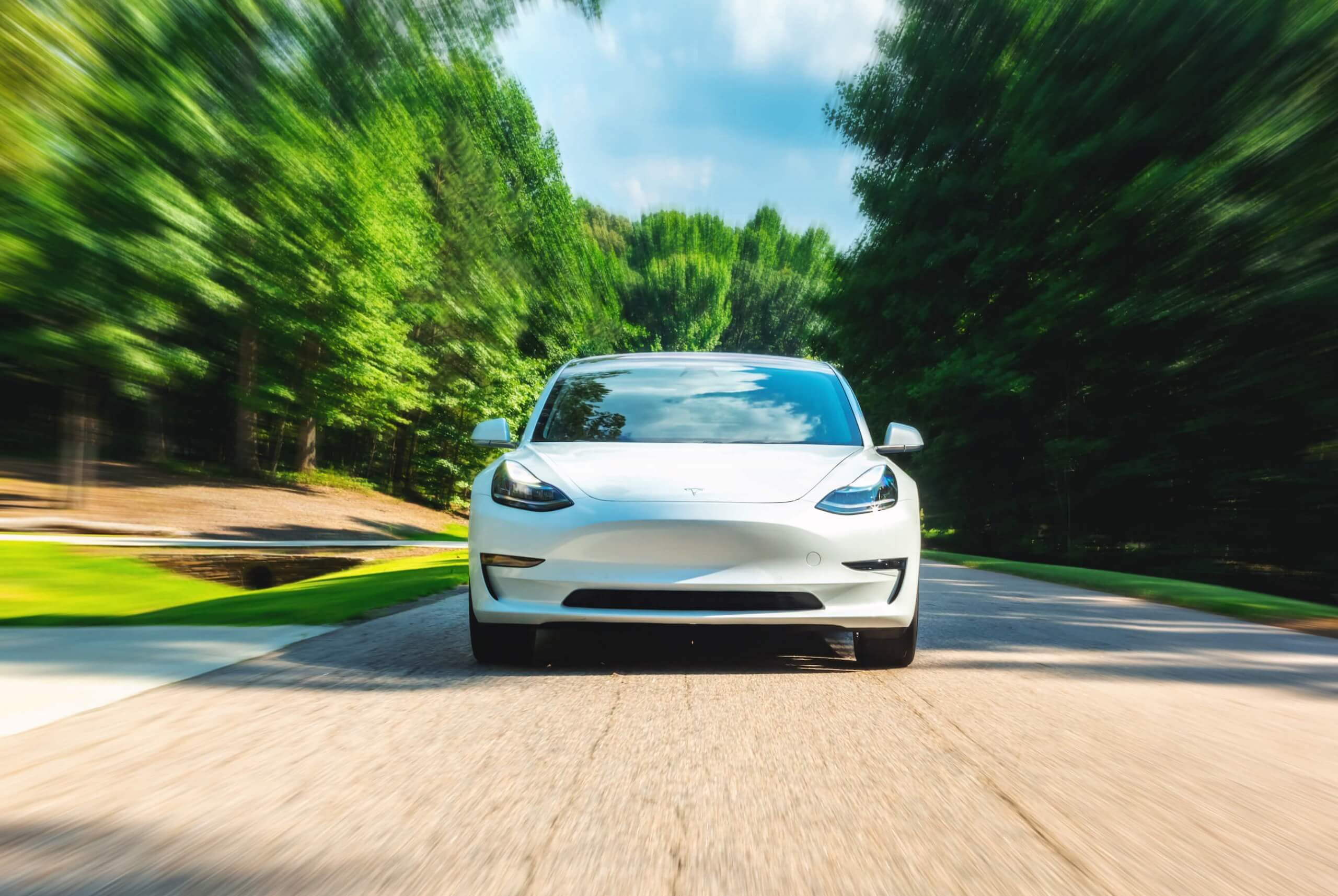Bottom line: Last October, the NHTSA issued a cease and desist order to Tesla over a safety claim made in a company blog post. It also referred the issue to the FTC to determine if it fell under deceptive business practices.
Consumer advocate group PlainSite published documents obtained through a Freedom of Information Act request on Tuesday. The cache shows that Tesla claimed on October 7, 2018, that the Model 3 had "the lowest probability of injury of any vehicle ever tested by" the National Highway Traffic Safety Administration (NHTSA).
The NHTSA demanded a takedown of the blog post saying it was misleading and used verbiage that the agency disallows.
"It is ... inaccurate to claim that the Model 3 has 'the lowest probability of injury of all cars,' or that Model 3 occupants are 'less likely to get seriously hurt,' or 'have the best chance of avoiding a serious injury,'" the agency wrote in a letter to Elon Musk. "[Your company's statements] could be interpreted as misunderstanding safety data, an intention to mislead the public, or both."
The NHTSA pointed out that in a head-on collision between an SUV and a Model 3, the larger vehicle would have a higher chance of "survivability and injury avoidance." So to compare the frontal crash ratings of the two vehicles is "inappropriate."
"Model 3 achieves the lowest probability of injury of any vehicle ever tested by NHTSA." --- Tesla blog headline
The agency also requests that companies avoid using language like "perfect, safest, or best in class" as this type of wording can lead consumers to misunderstand NHTSA ratings. It informed the carmaker that the case would be referred to the Federal Trade Commission (FTC) to review whether the claims "constitute unfair or deceptive acts or practices."
Tesla's legal counsel responded saying that the statements were true and accurate.
"Respectfully, we disagree with the agency's position," Tesla's chief legal counsel Al Prescott wrote to the NHTSA. "Tesla's statement is neither untrue nor misleading. [The] blog statements are entirely based on actual test results and the NHTSA's own calculations for determining relative risk of injury and probability of injury."
The NHTSA likely referred the case to the FTC since this is the second time it has butted heads with the automaker on twisting safety ratings. The Verge notes that in August 2013, Tesla claimed the Model S received "a new combined record of 5.4 stars."
The agency said that the company was playing with the math and that it does not issue scores higher than five stars --- "period." The NHTSA subsequently revised its advertising guidelines to prohibit companies from playing with the data like that in the future.
The FTC has not commented on the case.
Image credit: TierneyMJ via Shutterstock
